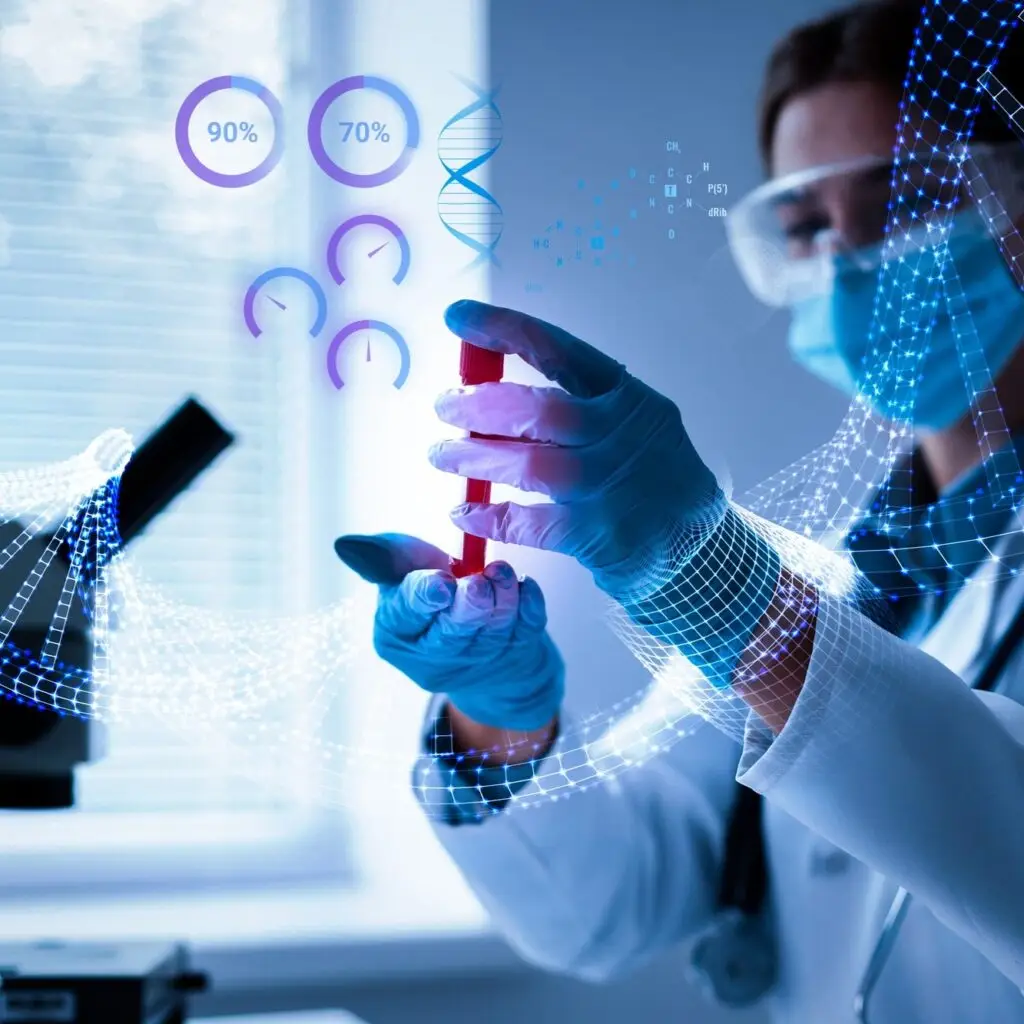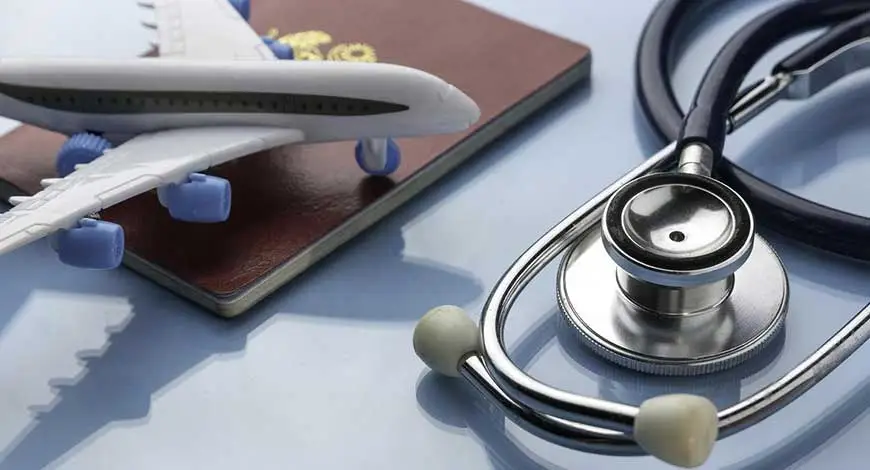A Comprehensive Guide to Neurological Diagnostics in Kolkata

Introduction
Neurological disorders can significantly impact a person’s quality of life, making early and accurate diagnosis crucial. Kolkata, with its advanced healthcare infrastructure and skilled medical professionals, offers some of the best diagnostic facilities for neurological conditions in India. This comprehensive guide explores the latest diagnostic tools and tests available in Kolkata’s hospitals, ensuring precise diagnosis and effective treatment for patients.
Importance of Accurate Neurological Diagnosis
Accurate diagnosis of neurological conditions is essential for several reasons:
- Early Detection: Early diagnosis allows for timely intervention, which can slow the progression of neurological diseases and improve outcomes.
- Appropriate Treatment: Understanding the exact nature of a neurological disorder enables doctors to prescribe the most effective treatments.
- Better Prognosis: Accurate diagnosis helps in predicting the course of the disease, allowing for better management and care planning.
Advanced Neurological Diagnostic Tools in Kolkata
1. Magnetic Resonance Imaging (MRI)
- What It Is: MRI uses strong magnetic fields and radio waves to create detailed images of the brain and spinal cord.
- Uses: It is used to detect brain tumors, strokes, spinal cord injuries, multiple sclerosis, and other conditions.
- Availability: Most top hospitals in Kolkata, such as Apollo Gleneagles Hospitals and Fortis Hospital, are equipped with high-resolution MRI machines.
2. Computed Tomography (CT) Scan
- What It Is: A CT scan combines X-ray images taken from different angles to produce cross-sectional images of the brain and other neurological structures.
- Uses: It is particularly useful for detecting bleeding in the brain, skull fractures, and brain tumors.
- Availability: CT scans are widely available in major hospitals like Medica Superspecialty Hospital and AMRI Hospitals.
3. Electroencephalography (EEG)
- What It Is: EEG measures electrical activity in the brain using small electrodes attached to the scalp.
- Uses: It is primarily used to diagnose epilepsy, sleep disorders, and brain tumors.
- Availability: EEG facilities are available in specialized neurology departments of hospitals such as Fortis Hospital and RTIICS.
4. Positron Emission Tomography (PET) Scan
- What It Is: PET scans use a radioactive substance to visualize metabolic processes in the brain.
- Uses: It is effective in detecting Alzheimer’s disease, Parkinson’s disease, and other neurodegenerative disorders.
- Availability: PET scan facilities are available at advanced diagnostic centers in Kolkata like Tata Medical Center.
5. Nerve Conduction Studies (NCS)
- What It Is: NCS measures the speed and strength of signals traveling between nerves and muscles.
- Uses: It is used to diagnose conditions like peripheral neuropathy, carpal tunnel syndrome, and other nerve disorders.
- Availability: This diagnostic tool is available in neurology departments of hospitals such as Apollo Gleneagles Hospitals.
6. Electromyography (EMG)
- What It Is: EMG records electrical activity produced by skeletal muscles.
- Uses: It helps diagnose neuromuscular diseases, including muscular dystrophy and myasthenia gravis.
- Availability: EMG services are available in specialized neurology centers like Medica Superspecialty Hospital.
7. Lumbar Puncture (Spinal Tap)
- What It Is: A lumbar puncture involves collecting cerebrospinal fluid (CSF) from the lower back using a needle.
- Uses: It is used to diagnose infections (such as meningitis), multiple sclerosis, and other conditions affecting the brain and spinal cord.
- Availability: This procedure is performed in neurology departments of hospitals such as AMRI Hospitals and Fortis Hospital.
8. Neurosonography (Brain Ultrasound)
- What It Is: Neurosonography uses ultrasound waves to create images of the brain and blood flow in the brain vessels.
- Uses: It is particularly useful in detecting brain abnormalities in newborns and infants.
- Availability: Pediatric neurology departments in hospitals like RTIICS offer neurosonography.
9. Functional MRI (fMRI)
- What It Is: fMRI measures brain activity by detecting changes in blood flow.
- Uses: It is used to map brain functions and assess the effects of stroke, brain surgery, and brain injuries.
- Availability: Advanced neurology centers like Apollo Gleneagles Hospitals are equipped with fMRI technology.
10. Single Photon Emission Computed Tomography (SPECT)
- What It Is: SPECT is a type of nuclear imaging test that shows how blood flows to tissues and organs.
- Uses: It is used to diagnose and monitor neurological conditions like epilepsy, stroke, and dementia.
- Availability: SPECT scan services are available at specialized diagnostic centers in Kolkata.
Benefits of Advanced Neurological Diagnostics in Kolkata
1. High Precision and Accuracy
- Advanced diagnostic tools provide highly accurate and detailed images, leading to precise diagnosis and effective treatment planning.
2. Early Detection
- Early detection of neurological conditions allows for timely intervention, improving prognosis and patient outcomes.
3. Comprehensive Care
- Availability of a wide range of diagnostic services under one roof ensures comprehensive care and convenience for patients.
4. Expert Interpretation
- Diagnostic tests are interpreted by experienced neurologists and radiologists, ensuring reliable results and appropriate treatment recommendations.
5. Cost-Effective Solutions
- Neurological diagnostics in Kolkata are more cost-effective compared to many other countries, making high-quality care accessible to a larger number of patients.
Choosing the Right Hospital for Neurological Diagnostics
When selecting a hospital for neurological diagnostics in Kolkata, consider the following factors:
1. Reputation and Accreditation
- Choose hospitals with a strong reputation and accreditation from recognized medical boards.
2. Advanced Technology
- Ensure the hospital is equipped with the latest diagnostic tools and technologies.
3. Expertise of Medical Professionals
- Look for hospitals with experienced neurologists, radiologists, and support staff.
4. Patient Reviews and Testimonials
- Read reviews and testimonials from previous patients to gauge the quality of care and patient satisfaction.
5. Comprehensive Services
- Opt for hospitals that offer a wide range of diagnostic and treatment services for comprehensive care.
Conclusion
Kolkata’s hospitals are well-equipped with state-of-the-art diagnostic tools and experienced medical professionals, making them an ideal choice for Bangladeshi patients seeking accurate diagnosis and effective treatment for neurological conditions. By choosing the right hospital and understanding the available diagnostic options, patients can receive timely and precise care, improving their overall prognosis and quality of life.


